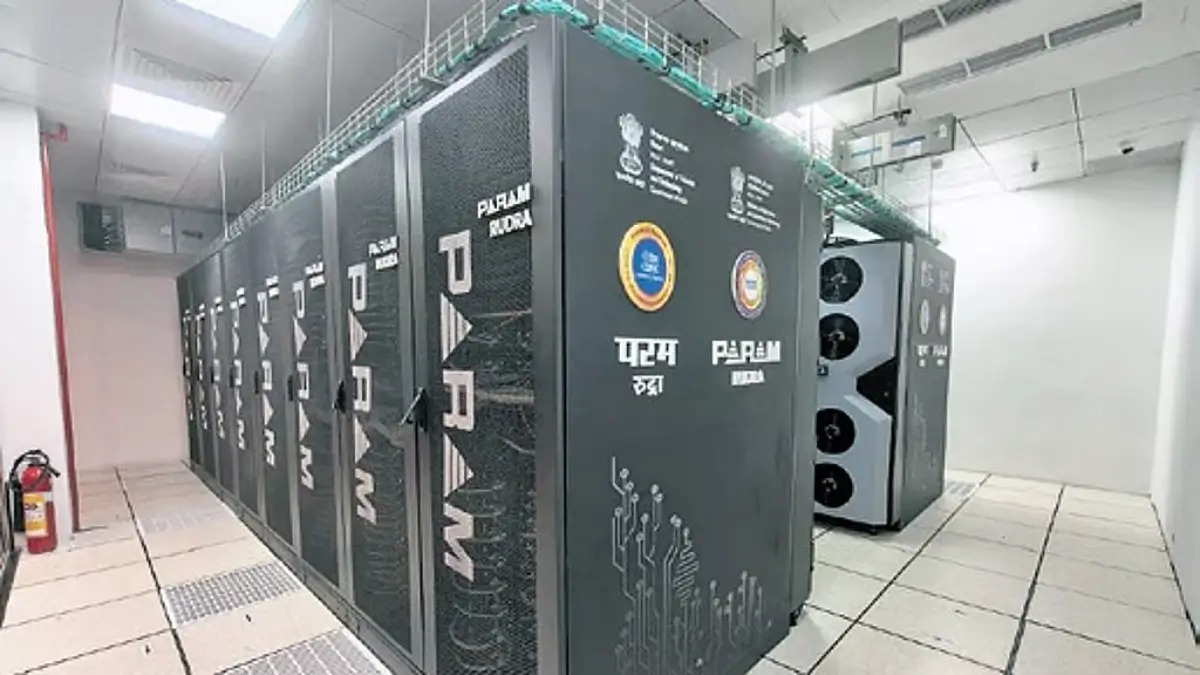New Appointment Process for India’s Election Commissioners
The Election Commission of India (ECI) plays a pivotal role in ensuring free and fair elections, which are fundamental to the country’s democratic system. The recent change in the appointment process for Election Commissioners has made significant headlines, as it seeks to enhance transparency and ensure the independence of the Election Commission.
New Appointment Process
The Government of India has introduced a new process for appointing members of the Election Commission. Previously, the President of India appointed the Chief Election Commissioner (CEC) and Election Commissioners (ECs) without the involvement of an independent body. Under the revised process, the government has decided to include a multi-step procedure for the appointments to ensure fairness and neutrality in the selection.
The process now requires the establishment of a panel consisting of the Prime Minister, the Leader of Opposition, and the Chief Justice of India. This panel will select the candidates for the CEC and EC positions, ensuring that the appointments are made without bias and based on merit. This move aims to bring more transparency and accountability to the process, which has been a topic of concern for many years.
Significance of the Reform
This reform is being seen as a major step toward safeguarding the autonomy of the Election Commission and ensuring that the election process remains impartial. The Election Commission holds a central role in conducting elections at various levels of government, including Parliament, State Assemblies, and the Presidential elections. Therefore, ensuring the integrity of the body that oversees elections is crucial for preserving democratic values.
The new process could also contribute to public trust in the Election Commission, which is essential for ensuring the legitimacy of the electoral system in India.

Why This News Is Important
Ensuring Transparent and Fair Appointments
The news regarding the new appointment process for India’s Election Commissioners is vital for students to understand because it highlights efforts toward enhancing the integrity and transparency of the Election Commission. The reforms are designed to make the process of selecting the Chief Election Commissioner and Election Commissioners more open and objective, thus reducing any potential political influence over the body responsible for conducting free and fair elections.
Strengthening India’s Electoral System
The new appointment process also strengthens the independence of the Election Commission, ensuring that it remains neutral and free from political interference. This is crucial for upholding the credibility of India’s elections, which are the foundation of its democratic system. By involving key figures from across the government, the process aims to provide checks and balances that ensure the appointees are fair, unbiased, and qualified.
Impact on Government and Election-related Policies
This change will impact how election-related policies and reforms are implemented in the future. With a more transparent appointment system, the leadership of the Election Commission can focus on reforms that further enhance electoral integrity, such as improving voter turnout, ensuring security during elections, and advancing the use of technology for fair voting.
Historical Context
The Election Commission of India was established in 1950 to administer elections to the Parliament and State Legislatures. Over the years, it has expanded its role to overseeing elections for the President and Vice President, as well as various local elections. Historically, the appointment process for Election Commissioners was not as transparent as it could be, with appointments made solely by the President of India.
The issue of appointing members of the Election Commission was often raised due to concerns over political influence in the process. There were calls for a more structured and transparent approach, which would involve multiple branches of government to ensure that appointees were impartial and highly qualified.
The recent reforms represent a step toward addressing these concerns and reflect an evolving understanding of the need for checks and balances in the appointment of key electoral bodies. The changes also resonate with the larger ongoing discourse around electoral reforms in India.
Key Takeaways from “New Appointment Process for India’s Election Commissioners”
| S.No. | Key Takeaway |
|---|---|
| 1 | The new appointment process for India’s Election Commissioners involves a panel of the Prime Minister, Leader of Opposition, and Chief Justice of India. |
| 2 | The goal of the new process is to ensure transparency and reduce political influence in the selection of Election Commissioners. |
| 3 | The reforms aim to safeguard the independence and impartiality of the Election Commission, crucial for maintaining free and fair elections. |
| 4 | The new process could increase public trust in the Election Commission and strengthen the credibility of India’s electoral system. |
| 5 | The Election Commission’s role includes overseeing elections for Parliament, State Assemblies, and the President, making the neutrality of its leadership essential. |
Important FAQs for Students from this News
What is the new appointment process for India’s Election Commissioners?
- The new appointment process involves a panel consisting of the Prime Minister, the Leader of Opposition, and the Chief Justice of India. This panel will select the Chief Election Commissioner (CEC) and Election Commissioners (ECs), ensuring fairness and impartiality in the selection process.
Why was the new process introduced?
- The new process was introduced to enhance transparency, reduce political influence, and safeguard the independence of the Election Commission of India, ensuring the credibility of elections in India.
Who is involved in the selection of Election Commissioners under the new process?
- The selection of Election Commissioners will now be carried out by a panel comprising the Prime Minister, Leader of Opposition, and Chief Justice of India.
What role does the Election Commission play in India?
- The Election Commission of India oversees the conduct of elections for the Parliament, State Legislatures, the President, and Vice President. It ensures that elections are free, fair, and conducted transparently.
How will the new appointment process impact the Election Commission?
- The new appointment process will likely increase public trust in the Election Commission by ensuring that appointees are impartial, qualified, and independent from political influence.
Some Important Current Affairs Links

















